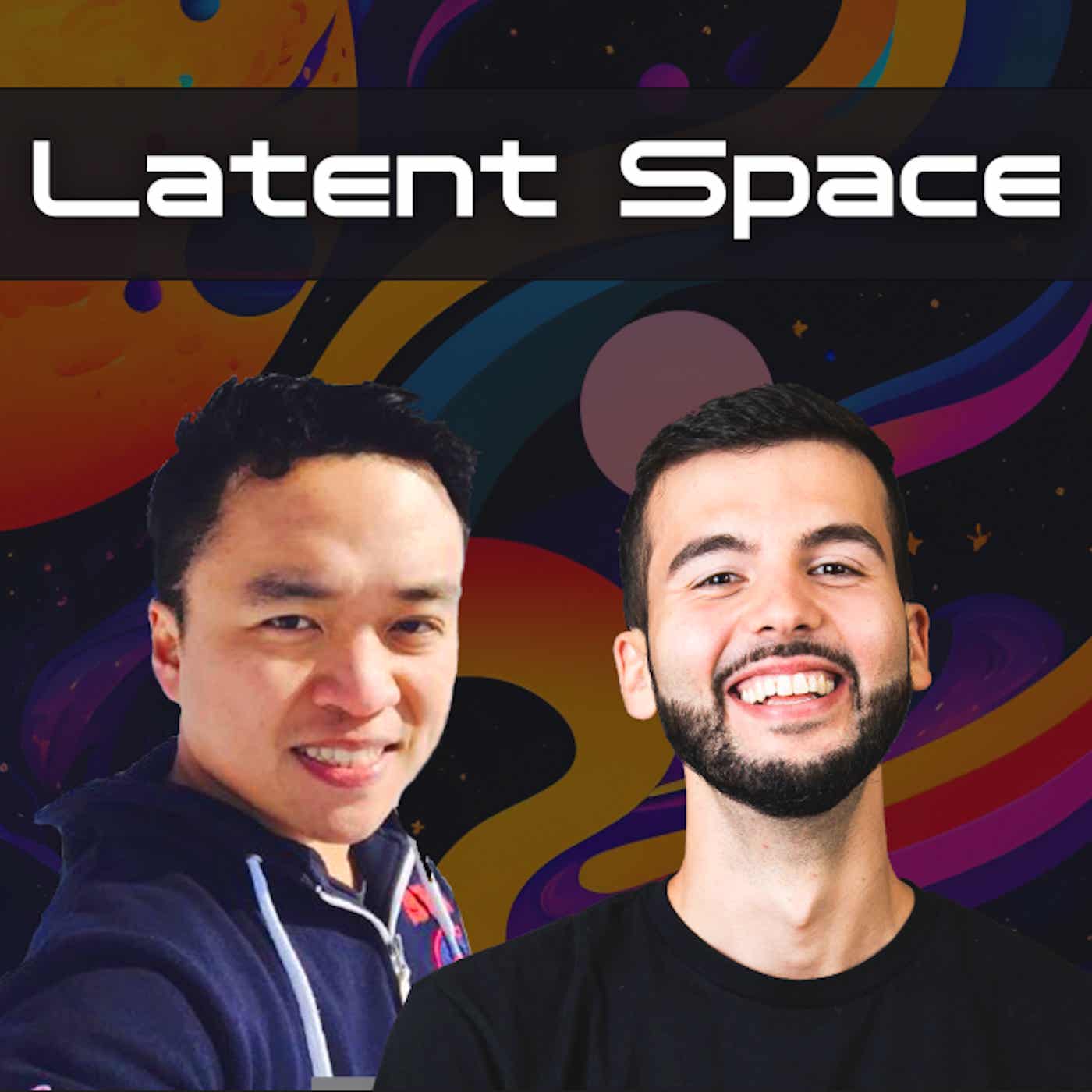![cover of episode The State of AI Startups [LS Live @ NeurIPS]](https://substackcdn.com/feed/podcast/1084089/post/153389370/2d1909e2fbbd5c9267a782756c04d8a3.jpg)
The State of AI Startups [LS Live @ NeurIPS]

Latent Space: The AI Engineer Podcast — Practitioners talking LLMs, CodeGen, Agents, Multimodality, AI UX, GPU Infra and all things Software 3.0
Deep Dive
Why did Sarah Guo and Pranav Reddy start Conviction?
They saw a significant technical revolution in AI that would be the biggest change in how people use technology in their lifetimes, representing a massive economic opportunity. They believed existing venture firms might struggle to adapt to the new market dynamics, creating an opportunity for first-principles thinking and innovation.
What were the key themes of 2024 in AI startups according to Sarah Guo and Pranav Reddy?
The five key themes were: a closer race among foundation models, the rise of open-source competitiveness, the decreasing price of intelligence, the emergence of new modalities like biology and voice, and the much-debated end of scaling.
How has the competitive landscape for foundation models changed in 2024?
In 2024, OpenAI is no longer dominant, with Google and other proprietary and open-source models becoming increasingly competitive. OpenAI's market share in API spend has dropped from nearly 90% in late 2023 to around 60% in 2024, indicating that companies are experimenting with multiple models.
What role does open-source play in the AI landscape in 2024?
Open-source models have become increasingly effective, performing well in areas like math, instruction following, and adversarial robustness. The LLAMA model, for example, is among the top-performing models in independent evaluations, challenging the dominance of proprietary models.
How has the cost of AI intelligence changed in 2024?
The cost of intelligence has dropped significantly, with flagship OpenAI model costs decreasing by roughly 80-85% over the past year and a half. This has made it more affordable for startups to generate large volumes of data, such as recreating the data of a text editor for a few thousand dollars.
What new modalities have emerged in AI in 2024?
New modalities include advancements in biology, with models like Chai One outperforming AlphaFold3, and voice models offering low-latency interactions. Video is also emerging as a new modality, with companies like HeyGen demonstrating lip-sync and dubbing capabilities for live speeches.
What does the funding environment for AI startups look like in 2024?
The funding environment appears more rational than in 2021, with a substantial recovery in funding. However, a significant portion of the funding is concentrated in a few large foundation model labs, while the rest of the money is distributed more evenly among startups working on various applications.
What patterns have Sarah Guo and Pranav Reddy observed in successful AI startups?
Successful startups are focusing on first-wave service automation, better search and information retrieval, and the democratization of skills across various modalities. They are also targeting markets that were previously considered unattractive for venture capital, such as legal, healthcare, and education, by offering capabilities that are orders of magnitude cheaper.
Why might incumbents struggle to compete with AI startups?
Incumbents have distribution and product surfaces, but they may struggle with the innovator's dilemma. Many SaaS companies sell by seat, which doesn't align with AI-driven workflows where the AI does the work instead of the user. Additionally, incumbents often lack the specific data needed for AI products, such as reasoning traces, which startups can leverage.
What is the potential impact of AI on hardware?
AI could drive the need for new hardware platforms if the usage patterns change significantly. For example, devices that capture image or video 100% of the time or run local models constantly may require different specs. Additionally, the rise of AI could make single-function applications less important, potentially reducing the value of existing consumer platforms.
Shownotes Transcript
Happy holidays! We’ll be sharing snippets from *Latent Space LIVE!)* through the break bringing you the best of 2024 from friends of the pod!
For NeurIPS last year) we did our standard conference podcast coverage interviewing selected papers (that we have now also done for ICLR) and ICML)), however we felt that we could be doing more to help AI Engineers 1) get more industry-relevant content, and 2) recap 2024 year in review from experts. As a result, we organized the first Latent Space LIVE!, our first in person miniconference, at NeurIPS 2024 in Vancouver.
For our opening keynote, we could think of no one better to cover 'The State of AI Startups' than our friend Sarah Guo (AI superinvestor), founder of Conviction, host of No Priors!) and Pranav Reddy (Conviction partner) to share their takes on how the AI landscape evolved in 2024 examine the evolving AI landscape and what it means for startups, enterprises, and the industry as a whole! They completely understood the assignment).
Recorded live with 200+ in-person and 2200+ online attendees at NeurIPS 2024, this keynote kicks off our mini-conference series exploring different domains of AI development in 2024. Enjoy!
Links
Slides: https://x.com/saranormous/status/1866933642401886707)
Sarh Guo: https://x.com/saranormous)
Pranav Reddy: https://x.com/prnvrdy)
Full Video on YouTube
Want more content like this? Like and subscribe to stay updated on our latest talks, interviews, and podcasts.
Get full access to Latent Space at www.latent.space/subscribe)